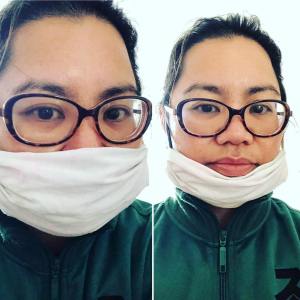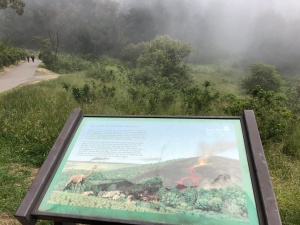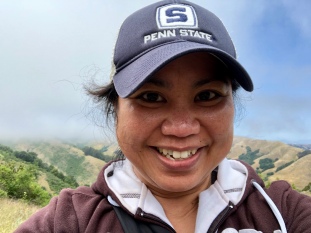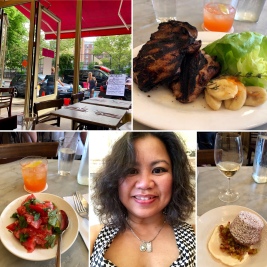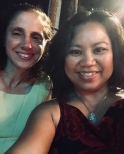When Gen X Meets Gen Z
April 21, 2024 Leave a comment
It has taken me four years to return to this blog, which means an existential crisis of some sort has occurred. Well, let’s say more than one over the course of the past four years. At the time I dropped off, we were in the middle of a pandemic. Then my father died after a painful battle with illness on January 6th of all days. And now, my longtime neighbors officially moved out, and I’m left to wonder what now?
On a Friday evening after work, I went to my nephew’s high school Spring band concert titled “Resistance,” the final one of the year, and I came away thinking less about the differences with Gen Z and more our commonality. I was feeling rather salty after another draining work week. But after hearing and seeing the students’ yearlong efforts, including my nephew’s, being poured into each of their performances, it dawned on me, at the crossroads of music and meaning, we have simpatico.
What I was deeply questioning up to this point in my life was what, if anything, I’m doing really matters. The younger generations, particularly Gen Z, are so acutely aware of this idea. Rather than create more silos and tension, what about building bridges and inspiring good vibes and more beauty in this chaotic, uncertain world. I can’t get out of my head the guitar ensemble’s rendition of Taylor Swift’s “The Man.” Without the words, the cadences, melody and acoustic sound in unison spoke to me that night. I don’t listen to much of Ms. Swift’s songs, but when I later pulled it up and heard the lyrics, they were exactly the types of things I am experiencing as a woman of color. While she is its author and rightfully gets the credit, these high school boys and girls hooked me into its powerful message that gave voice to my previously undefined, restless feelings and emotions. Time will tell what other significance and impressions Gen Z will make in our human history, but rest assured this Gen X gal at this moment of reckoning is very grateful and proud of its sensitivity.





